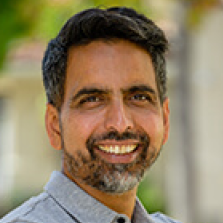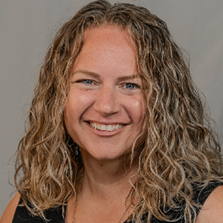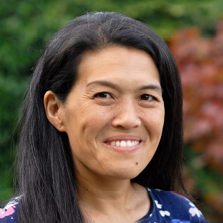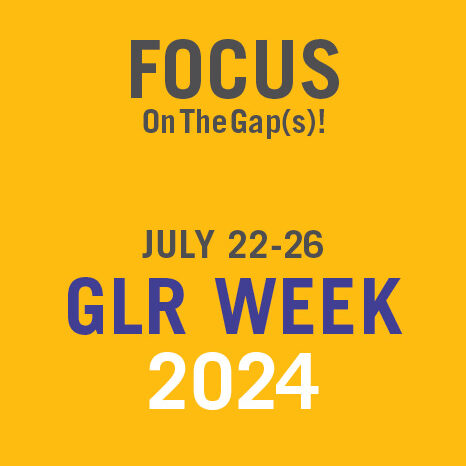
- This event has passed.
AI’s Gap-Closing Potential: Emerging Opportunities and Challenges
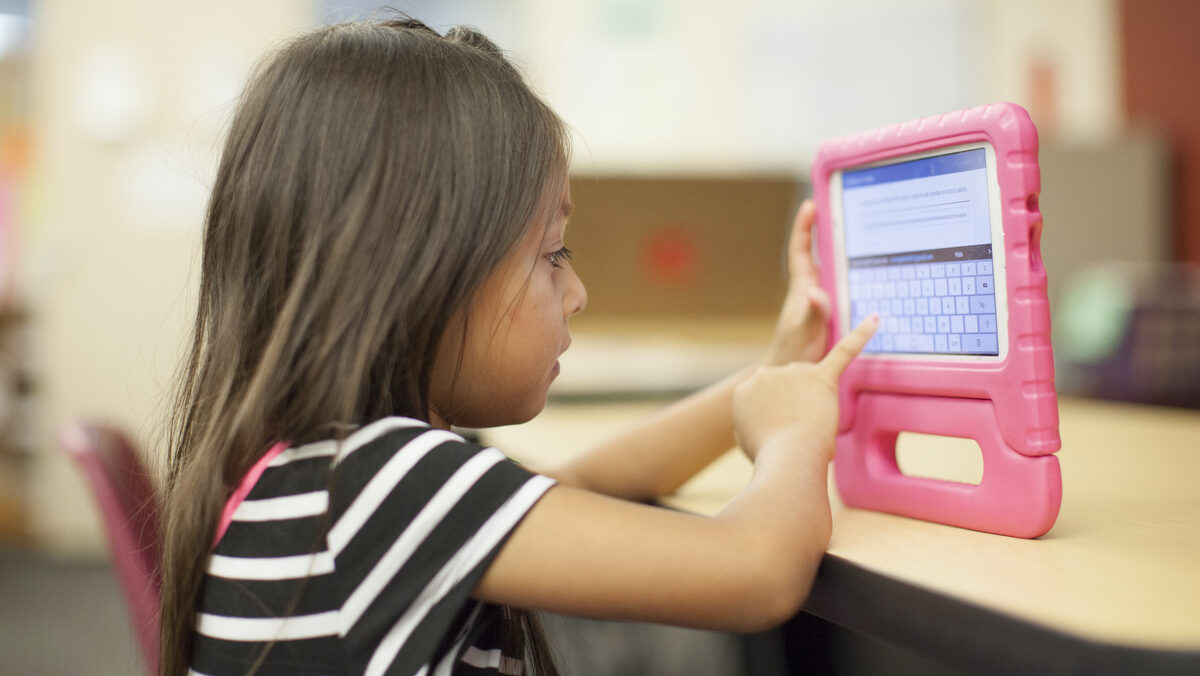
AI is not to replace teachers. AI is not going to replace the need for critical thinking. It is here to augment and enhance, hopefully lighten teachers’ loads, enable them to claim back their nights and weekends so that teachers can spend more of their time building those student relationships, have more humanity in the classroom.…We’re in a world where AI is going to stay. We’re never going to go back to a world without AI. So please teach, teach us how our students can think critically with AI, harness these tools and enable them to learn, work and thrive in a world with AI. – Eirene Chen, Khan Academy
In this GLR Week 2024 webinar, Sal Khan of Khan Academy highlighted AI’s capability to provide personalized, interactive tutoring and learning opportunities that can help alleviate student frustration and foster a deeper understanding of subjects such as math and coding. Kip Glazer of Mountain View High School added that AI tools can make subjects such as art and robotics more engaging and manageable for students. Glazer shared, “I walk into the classroom, and I see my civics teachers using AI as a study aid for students to engage in a discourse….I’ve seen my art teachers using it to generate images and compare it with masterpieces to discuss creativity and copyright.” Students are using AI inside and outside of the classroom. According to Amina Fazlullah of Common Sense, half of young people ages 14 to 22 have used generative AI at some point in their lives already, “helping with schoolwork, making pictures or images, making sounds or music, writing code.”
Meanwhile, Heather Schwartz of RAND emphasized that while AI adoption among teachers is still low, its potential to aid in lesson planning and classroom management could be transformative. Khan Academy’s Stacie Johnson elaborated on the various ways AI can support teachers, from administrative tasks to providing insights into student progress, thus reducing workload and stress. The overall consensus was that AI could significantly enhance teacher effectiveness and contribute to their well-being by streamlining various aspects of their workload.
However, a critical concern raised during the webinar was the disparity in AI access. Fazlullah pointed out that only a small percentage of students use AI regularly (4% daily and 12% once or twice per month). She added that the most “common uses of generative AI by young people are for getting information and for brainstorming. So this is where the quality and the efficacy of AI systems used by students and kids is really critical, because they are turning to these systems for facts, for information and having systems that are able to sort of stop at the water’s edge and make sure that they’re careful about how they’re supporting and not doing the work for students is” key. Schwartz echoed this concern saying, “We have already seen that suburban districts are more likely than rural and especially urban districts to have trained their teachers about use of AI for teaching. And that’s a gap that we don’t want to see grow or remain.” Fazlullah noted, “There’s also an opportunity right now to make sure that we are empowering educators and folks who are doing the procurement at the administrative level with information ahead of time about these technologies.”
Finally, the discussion turned to how CGLR communities can advocate for early access to AI, stay focused on the gaps and assure that students aren’t left further behind in the emergence of this technology. Keri Rodrigues of the National Parents Union said, “It’s really important from the parent, family and community perspective that educators, districts, administrators make sure that they’re not doing this to us and to our children….We want everybody to be trained and have equitable access to these incredible tools. But making sure that you’re doing that in community with the people that you’re serving is very important.” Pat Yongpradit of Code.org and #TeachAI shared, “If you’re out there and you’re a leader and you’re trying to figure out how do you lead while learning yourself, this toolkit is for you….This toolkit was created to help leaders guide their systems while learning themselves.” You can access the toolkit in the resources below. But more than that, it’s about creating an opportunity for “everyone to be able to explore in a safe and responsible manner,” according to Eirene Chen of Khan Academy, by “teach[ing] us how our students can think critically with AI, harness these tools and enable them to kind of like learn, work and thrive in a world with AI.”
Panel
